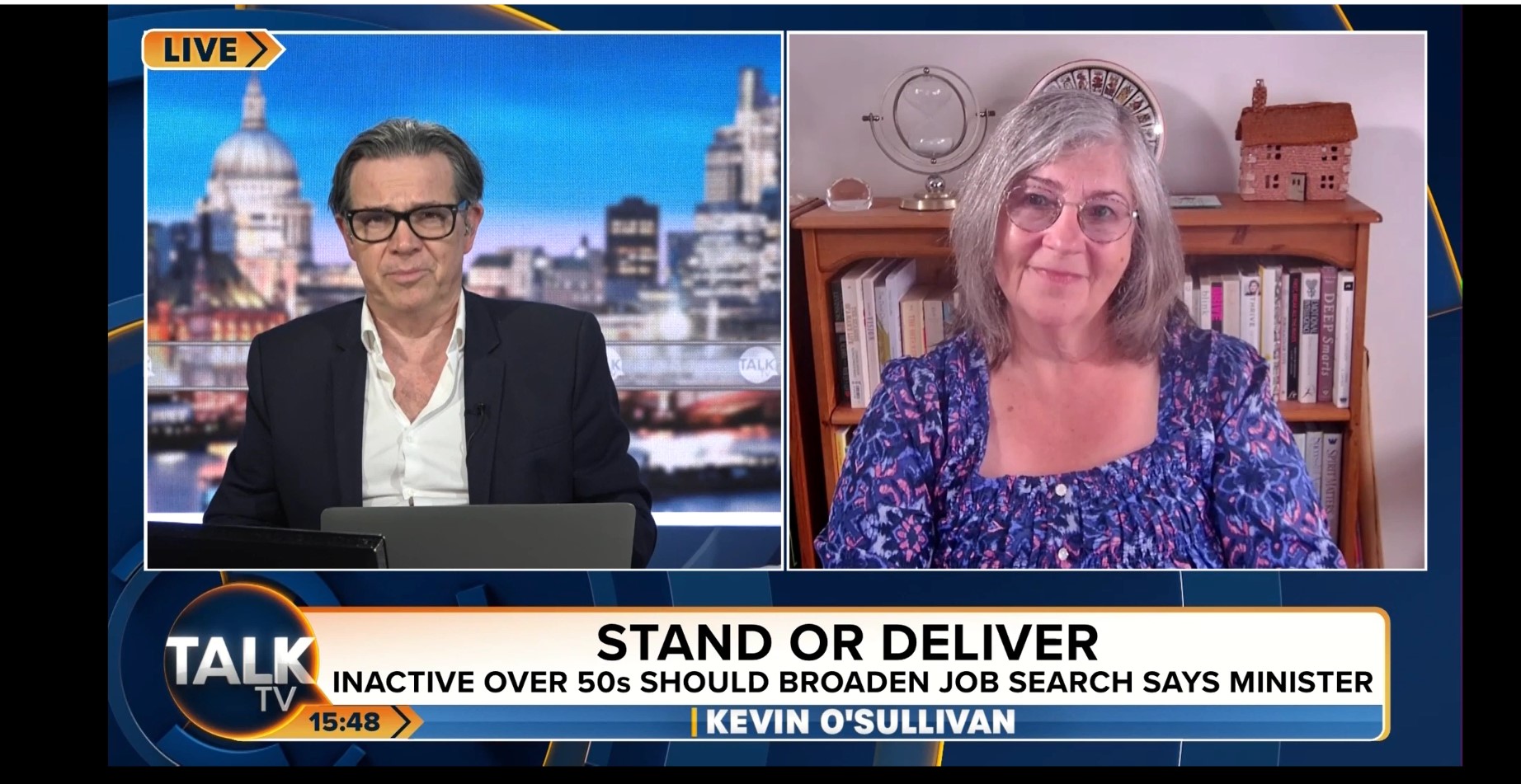QUESTION
I have recently worked in a number of lower grade positions in order to maintain employer continuity and to earn necessary funds whilst applying for suitable higher grade permanent positions. However, I feel that this has been to my detriment because rather than seeing my strong work ethic, adaptability and speed to pick up a job, employers only view my ability from my current role and are not recognising my significant transferable skills from previous positions held. How can I overcome this barrier?
Thanks for your question. It’s always a dilemma, whether to take a lower paid job or hold out for a job in line with your expertise. Many people chose to hang on for the right job, but with commitments that’s not always possible.
BUT – when we opt for the lower paid job many employers will see that as the level of our worth. They pay more attention to our recent career than what came before.
There’s work to do. You need to be clear on what you can offer.
START WITH YOUR CV
You need to be clear on the job you want – and why you are a good match.
Think hard about why you are going to be perfect for this role, and make it clear on your CV.
Remember your CV is there to sell you for the job you want, so with any recent lower grade jobs you have done/ are doing, you want to make it better focused on where you want to be. How can you rephrase your current achievements?
Also, just because you are in a lower status job you don’t need to treat that as all you can do. A good approach is to imagine that you are the ‘undercover boss’. Go beyond your job, show initiative, volunteer – you can stand out in any job with the right mind set. These can then be achievements on your CV.
You said you have: strong work ethic, adaptability and speed to pick up a job.
Would I pick this up from a 10 second glance at your CV? If these are important personal characteristics make them clear on your CV. Provide the evidence.
BUT … is this what the ATS software would be searching for if you were applying on line?
The organisation will have key capabilities, related to the competences for the job and I don’t see a strong work ethic as something looked for in the advert. Your time to show this is when you reach interview. At shortlisting stage they again are unlikely to focus on how quickly you can pick up the job, it’s more about key capabilities.
This is likely to be the right time for a combination CV
… where you provide evidence against key job requirements such as Communication Skills, Project Management, Strategic Thinking. This allows you to make it clear how well you meet the likely requirements of the job you seek and puts less emphasis on your career history.
On a combination CV, your career history is now listed with very little detail against each job title. The bulk of the evidence you want to share is listed under headings. I cover this in my book – Find Work at 50+
DON’T FORGET THE COVER LETTER
It must be targeted, every word must count and you want to use this as a marketing document.
NEXT MOVE ONTO BUILDING CONTACTS
You need people on your side. Who do you know who can help you? Maybe they are people who work in your target company or people who know somebody who does. Be clear on what you want and how they can help you – is it an introduction, to help set up a fact-finding interview or something else?
STEP 3 IS THE DIRECT APPROACH
Don’t wait for a job to be advertised, think about the organisations you want to work for and see how you can get a meeting to talk about how you can help. I cover this in my book too.
If you have a question, let me know and I’ll look to answer it on my Blog.





